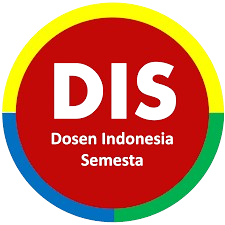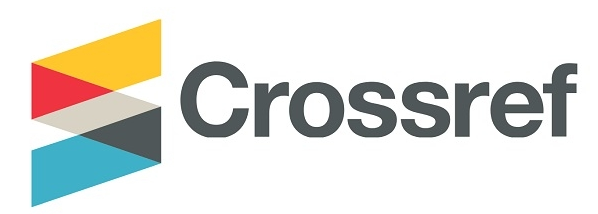The Effectiveness of Pictionary Game on Vocabulary Mastery on The Eight Grade Students of SMPU Al-Anwari Banyuwangi
DOI:
https://doi.org/10.36526/ln.v3i1.1380Keywords:
Pictionary Game,Vocabulary Mastrey, Experimental ResearchAbstract
This research was aimed to get the empirical evidence of the effectiveness of Pictionary Game on students’ vocabulary retention. The method that was used was a quantitative method. The design of this research was quasi-experimental. This research was conducted in SMPU AL-Anwari Banyuwangi. The number of the sample of the research was 50 students of eighth grade. The instrument of this research was tests. The tests were divided into two, there were pre-test and post test The purpose of this research was to measure there is an effectiveness of Pictionary game on the vocabulary mastery of the eighth grade students‟ of SMPU Al-Anwari Banyuwangi in the 2017/2018 academic year. The area of this research was SMPU Al-Anwari Banyuwangi. It was chosen purposively because they have never been taught by using “Pictionary Game” at this school. Another reason was that the permission to conduct this research in this school from the headmaster has already accepted.
References
Arikunto, S. 2010. Prosedur Penelitian Suatu Pendekatan Praktik. Jakarta: PT Rineka Cipta.
Arsyad, Azhar. 1997. Media Pembelajaran. Jakarta: Raja Grafindo Persada. Benson, A. & Odera, F. 2013. Selection and the use of media in teaching Kiswahili language in secondary school in Kenya. International Journal of Information and Communication Technology Research, 1(3), 12-18.
Bram, Barli. 1995. Write Well (Improving Writing Skill). Yogyakarta: Kanisius.
Brown, H. Douglas. 2003. Language Assessment (Principles and Classroom Practices). New York: Pearson Education.
Hanson, Susan., and Padua, Jennifer F.M. Teaching Vocabulary Explicitly Honolulu: Pacific Resources for Education and Learning, 2011.
Hornby, A. S. 2000. Oxford Advance Learner‟s Dictionary. Oxford: Oxford University Press.
K. Moeller, Aledine., Ketsman, Olha., and Masmaliyeva, Leyla. The Essentials of Vocabulary Teaching: From Theory to Practice. Nebraska: University of Nebraska, 2009.
Kothari, C. R. 2004. Research Methodology Method & Techniques. Second Revised Edition. New Age International Publisher: New Delhi.
Lindner, Maureen. 2005. English Language and Composition: Homework Helpers. New Jersey: The Career Press.
Marzuki. 2002. Metodologi Riset. Yogyakarta: PT. Prasetia Widya Pratama.
Muijs, Daniel. Doing Quantitative Resesarch in Education with SPSS. London: Sage Publications Ltd., 2004.
P. Hinebaugh, Jeffrey. A Board Game Education: Building Skills for Academic Success. Plymouth: Rowman & Littlefield Education, 2009.
Razali, Wan Noorli., Amin, Noraziah Mohd., Kudus, Nazima Versay., and Musa, Muriatul Khusmah. Using Card Game to Improve Vocabulary Retention: A Preliminary Study, International Academic Research Journal (IARJ) of Social Science, Vol. 3, No. 1, 2017.
Sudjana. Nana. & Rivai, Ahmad. 2013. Media Pengajaran. Bandung: Sinar Baru. Algensindo
Suyanto, Edi. 2011. Membina, Memelihara, dan Menggunakan Bahasa Indonesia secara benar. Yogyakarta: Ardana Media.
Sugiyono. 2010. Metode Penelitian Pendidikan. Bandung: Alfabeta.
White, H., and S. Sabarwal. “Quasi-Experimental Design and Methods”. Methodological Briefs: Impact Evaluation 8. UNICEF OFFICE of Research, Florence, 2014.
Downloads
Published
How to Cite
Issue
Section
License
This work is licensed under a Creative Commons Attribution-ShareAlike 4.0 International License.


















